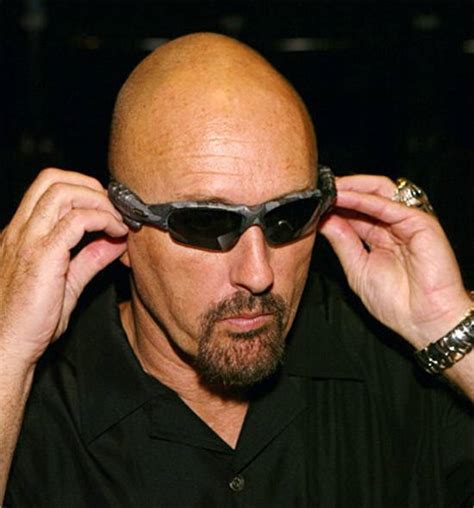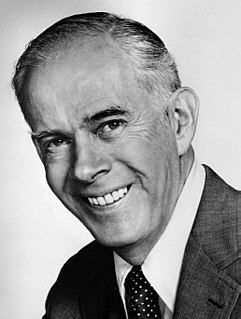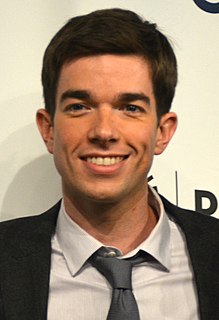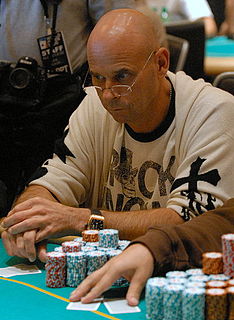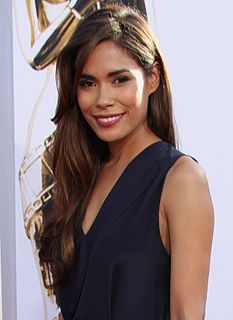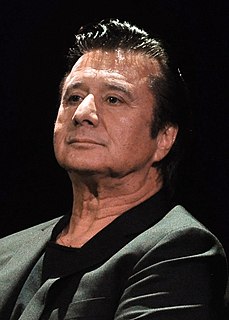A Quote by Gary Cole
'Fatal Vision' was basically the first thing I did on camera.
Quote Topics
Related Quotes
The first thing I did with my very first camera was climb Mt. Fuji. Climbing Mt. Fuji is a lesson in determination and moderation. It would be fair to ask if I took the moderation part to heart. But it certainly was a lesson in respecting your camera. If I was going to live with this thing, I was going to have to think about what that meant. There were not going to be any pictures without it.
An unusual thing happened after that great first vision. The Prophet Joseph received no additional communication for three years. However, he did not wonder, he did not question, he did not doubt the Lord. The Prophet Joseph patiently waited. The Prophet Joseph taught us the principle of patience-by example.
We have to have a vision of the world we want to make in 100 years. And maybe when we have that vision, when we convince enough people that that is a realistic vision, and that the opposite vision is basically that if we don't do something in this 100 years, a hundred years from now this world is gonna be so destroyed, so raped and ravished that we won't HAVE much of a world to save.
What did it mean, the first time, a thinking creature looked deeply into another's eyes? Did it take a hundred thousand years before this happened or it was the first thing they did, transcendingly, the thing that made them higher, made them modern, the gaze that demonstrates we are lonely in our souls?
This would be a tricky operation, no doubt of that, and a mistake would probably be fatal. So many things he had done over the years would have been fatal, had his luck not been strongly good. He had cheated death dozens of times, but that did not mean he could take it as a given. A man needed only one fatal mistake to end the game.



